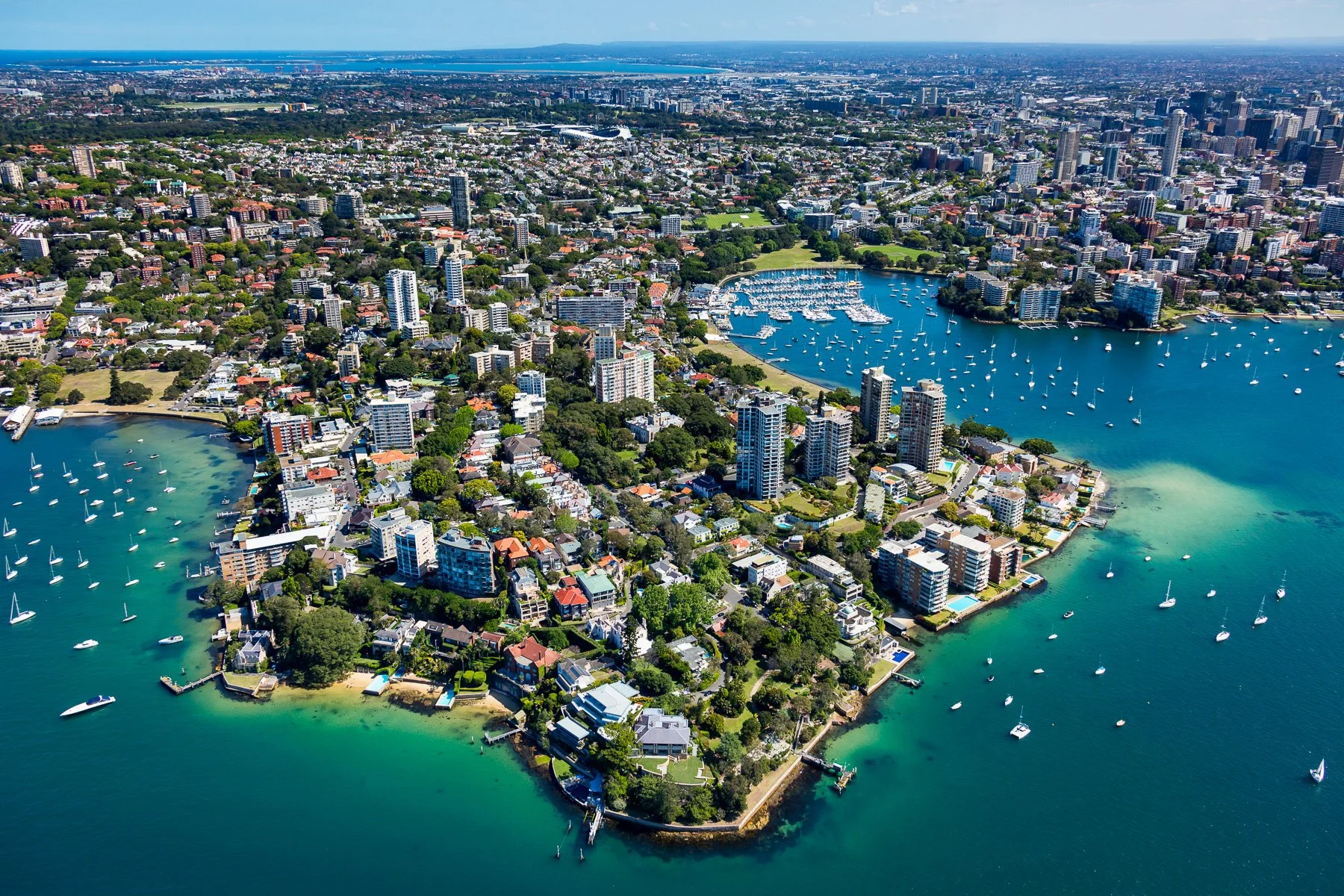Afterword: Cloudstreet by Tim Winton
A reproduction of the “Afterword” from Tim Winton’s novel Cloudstreet
All words are by Tim Winton.
Photo credit: Elias Batar
When I was still only a young man I went looking for the places sacred to my family and discovered many of them were gone. The buildings and ecosystems so central to the stories told by uncles and grandmothers and relatives of murky provenance at big gatherings or at quiet moments on the verandah seemed to only exist in memory. And I was shocked.
After all, we were not expatriates nursing memories of a place we’d forsaken. We weren’t exiles from some war-ravaged city bombed out of existence. Nor were we the remnant clan of a dispossessed people. We were white folks, native Australians, at home where we had been for generations.
Perth was little more than a century old and yet the town my grandparents knew was not my hometown. Their city had already fallen to the robber barons and the wrecker’s ball. Even the places of my parents’ youth and courtship had been torn down and cemented over.
Had something handsome or interesting gone up in their stead there I might have grudgingly acknowledged that things need to change, but invariably these grand ballrooms, riverbends, wetlands and Georgian houses were replaced by freeways and tower blocks of heartrending ugliness.
In Perth there is always another mineral boom, or property bubble in the wings and the cycle of turnover, where the old must make way for the new, accelerates year upon year. Of all the houses I lived in as a boy in Perth, not one is still standing. Even my school was bowled over for a real-estate development.
For all its immense prosperity, this once distinctive city has devolved into a bland outpost of gimcrack knock-offs and inbuilt obsolescence. Everything is temporary, as if after two centuries of settlement we’re still camping out.
What does it mean for a community to edit itself like this, to so spurn the past - or perhaps fear it - that the slate must be wiped clean for each new generation.? What self-hatred does this betray? These were some of the questions on my mind when I started writing Cloudstreet in my mid-twenties.
In a sense the novel began as an attempt to capture some of the stories that had endured in my family, tales of biblical hauls of fish and epic journeys on the Swan when that river still teemed with life, and images so vivid I’ve grown to believe I’ve seen them myself.
During those years of travel I saw that architecture is what we console ourselves with once we’ve obliterated our natural landscapes. But I also learnt that architecture can offer more than consolation. Like other forms of physical continuity, Architecture is a means individual nourishment and community connection.
A Parisian can step into Victor Hugo’s house and an Athenian has antiquity looming on the hill at every turn, but in Western Australia there is nothing like this sort of connectedness. The built environment has no value. Every structure is ephemeral.
So the haunts of my own parents would only be visited by an act of imagination. I had to sing them up for myself and make good the loss however I could.
It’s not that old buildings are simply handy prompts and useful artefacts to help us feel connected to those who came before for us. Over time they become ecosystems in their own right. And just as a house retains the embedded energy of the wood of the stone from which its constructed, it also absorbs and embodies the yearnings of those who are born and live and work and die within its walls.
Writing in the gate lodge of a twelfth century irish castle, I came to the queasy realisation that a building doesn’t just have its own weather; it has mood swings and secrets, an inner life that must be contended with. It offers – and sometimes demands – a relationship. It is not merely an object but a subject. Like landscape, it is a character.
It was exciting – and yes, consoling – to conjure up streets and houses that were no more, but sadly a fictional reimagining is just an echo. Like an extinct species or a lapsed dialect, a lost place is gone for good. I had to settle for the echo.
Posted: December 2023





